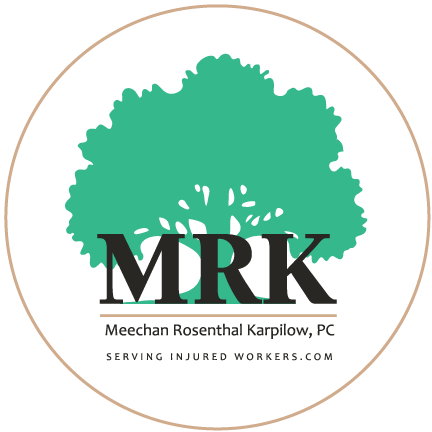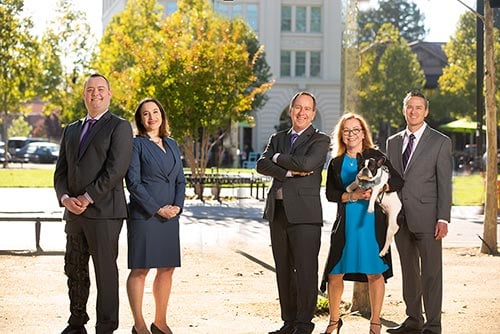We found a great article we would like to share with you on Civil Litigation. The article by Rebecca Slay and titled Civil Trial Workshop: Everything you ever wanted to know about Civil Litigation, in seven hours.
On March 22, 2019, almost two dozen members of the Sonoma County legal community provided 64 attendees with the cumulative wisdom of several centuries of civil litigation experience in an all-day workshop, graciously and efficiently moderated by Greg Spaulding.
While discussing pre-trial matters, Tad Shapiro, Michael Shklovsky and Pamela Stevens provided an extensive analysis of Sonoma County Local Rule of Court, Rule 4, a comprehensive guide for all pre- and post- trial matters. Among other things, Rule 4 addresses alternative dispute resolution, mandatory case management settlement conferences, the duty to meet and confer prior to trial, an extensive list of pretrial documents required by the Court and the Discovery Facilitator and Demurrer Facilitator Programs.
Elizabeth Fritzinger, John Geary, and Bonnie Hamilton discussed the use of motions in limine to exclude prejudicial and irrelevant evidence, with particular attention to character evidence; how to get it in, and how to keep it out. Eiling these motions alerts the court to possible evidentiary issues during trial, while the subsequent ruling on the record preserves the objection on appeal.
Judge Jennifer Dollard, Michael King, and Jack Weaver offered insights on juror questionnaires, California Civil Jury Instructions and the creation of the special verdict form, the art of voir dire with a mock voir dire of attendee volunteers, and the uses of a jury consultant besides for voir dire, including case analysis and strategic planning, drafting the juror questionnaire, and witness preparation.
Desiree Cox, Debra Newby, and Judge Bradford DeMeo outlined effective elements for an opening statement, including establishing your own credibility (the old “be yourself,” who knew?), using a narrative to state facts and imply an argument, and a simple conclusion. This introduces the theme and theory of case, and the panel strongly advised the Plaintiff’s opening statement be immediately rebutted.
After lunch, Richard Freeman, Dawn Ross, and Victor Thuesen reviewed some basic principles for direct examination: Be sure to use each witness to tell your client’s story in a logical orderly fashion and to prove the elements of your case. Witness should be prepared, not over prepared and don’t forget to listen to the witness’ response so that you can correct mistaken testimony and follow up on that which needs to be highlighted!
Judge Nancy Shatter was joined by Michael Miller and Michelle Zyromski for a discourse on effective cross-examination: Ask brief, leading questions in plain English, and never allow the witness to rehabilitate testimony with an explanation. The panel recommended several lines of attack for cross-examination of an expert witness; the expert opinion is like a house of cards, undermining one assumption will collapse the entire structure.
Judge Gary Nadler, Suzanne Babb and Traci Carrillo reviewed the three elements of the closing statement: Argue the facts in a way that favors your side, review the evidence and the law as promised in the opening statement, and leave the jury with a call to “do the right thing.”
The expertise of the panelists, and the extensive and generous handouts offered, resulted in a virtual “what to expect when you’re expecting” your case to go to trial in Sonoma County Superior Court.
By Rebecca Slay
Rebecca is a certified paralegal with the Law Office of Richard J, Meechan in Santa Rosa. Prior to receiving her A.A. from Santa Rosa Junior College in 2018, Rebecca worked in education and public policy for over 20 years.

